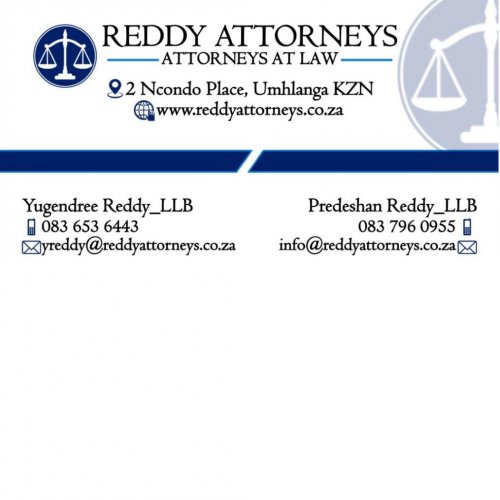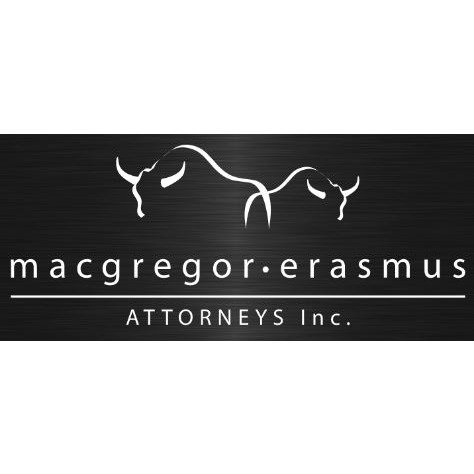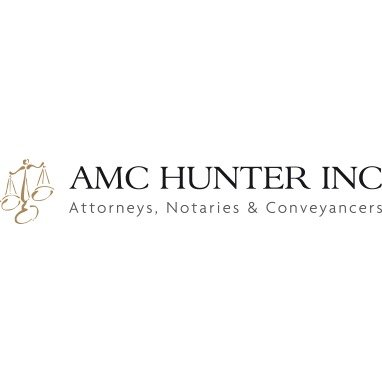Best Corporate & Commercial Lawyers in Durban
Share your needs with us, get contacted by law firms.
Free. Takes 2 min.
List of the best lawyers in Durban, South Africa
South Africa Corporate & Commercial Legal Questions answered by Lawyers
Browse our 1 legal question about Corporate & Commercial in South Africa and read the lawyer answers, or ask your own questions for free.
- Vehicle breakdown
- My vehicle broke down and I took it to a [company removed] dealership. The initial fault was an oil leak; after investigation they topped up the oil and started the vehicle. After a while they heard a knocking sound and some other noises, so they switched off the engine and... Read more →
-
Lawyer answer by mohammad mehdi ghanbari
Hello, Thank you for reaching out. I hope you are well. If the dealership caused additional damage to your vehicle, such as a connecting rod protrusion, due to negligence during repairs, they are generally legally responsible for fixing the new...
Read full answer
South Africa Corporate & Commercial Legal Articles
Browse our 1 legal article about Corporate & Commercial in South Africa written by expert lawyers.
- B-BBEE Compliance for International Firms in South Africa
- B-BBEE is a commercial imperative for international firms seeking to participate in the South African economy, particularly for government tenders and large-scale private supply chains. Multinationals can bypass the requirement to sell equity to local partners by utilizing Equity Equivalence Investment Programs (EEIP) approved by the government. Fronting, or misrepresenting... Read more →
About Corporate & Commercial Law in Durban, South Africa
Corporate and commercial law in Durban plays a pivotal role in shaping the city’s thriving business landscape. As a major port city and economic hub within KwaZulu-Natal, Durban hosts a variety of industries from shipping and manufacturing to finance and trade. Corporate and commercial law encompasses the set of rules, statutes, and case law that govern how businesses are formed, operate, and interact with each other and third parties. Whether you are a startup, small business, or multinational corporation, understanding and complying with these laws is essential for sustainable growth and risk management.
Why You May Need a Lawyer
Engaging a corporate and commercial lawyer in Durban can safeguard your business interests and assist with complex legal requirements. Common situations where legal assistance may be necessary include:
- Registering or incorporating a new company
- Drafting and reviewing contracts with suppliers, clients, or partners
- Advising on mergers, acquisitions, or the sale of businesses
- Ensuring compliance with local business regulations
- Resolving business disputes or litigation
- Handling intellectual property matters
- Employment law compliance and disputes
- Debt recovery and insolvency proceedings
- Risk management and corporate governance advice
With the right legal guidance, businesses can avoid costly errors and leverage opportunities within the South African market.
Local Laws Overview
South African corporate and commercial law is predominantly shaped by national legislation, yet local economic conditions and municipal by-laws in Durban also play a role. Key aspects include:
- Companies Act No. 71 of 2008: Regulates the formation, governance, and dissolution of companies.
- Consumer Protection Act: Sets the standards for fair and ethical business practices.
- Competition Act: Ensures a competitive market and prohibits anti-competitive conduct.
- Employment Legislation: The Labour Relations Act and Basic Conditions of Employment Act govern employer-employee relations.
- Tax Legislation: Determines requirements for business tax registration and compliance.
- Municipal Regulations: Businesses in Durban must adhere to local zoning, licensing, and health and safety by-laws managed by the eThekwini Municipality.
Given the dynamic legal environment, staying updated and ensuring compliance is crucial for business continuity.
Frequently Asked Questions
What is the difference between a company and a close corporation?
A company is subject to the Companies Act, has more compliance requirements, and allows greater flexibility in structure and capital. A close corporation is governed by older legislation, suitable for small businesses, and no longer available for new registrations since 2011, but existing ones may continue.
How do I register a business in Durban?
Businesses are registered at a national level through the Companies and Intellectual Property Commission, but local permits and licenses from eThekwini Municipality may also be required depending on your business type.
Do I need a written contract for every business transaction?
While not every transaction legally requires a written contract, having one is highly advisable to clarify terms and avoid disputes, especially for significant or ongoing business relationships.
What are my obligations in terms of employee rights?
All employers must comply with minimum conditions set out by legislation governing working hours, wages, leave, and workplace safety, as well as adhere to fair dismissal procedures.
Can a foreigner own a business in Durban?
Yes, foreigners may register and own businesses in South Africa, but must comply with specific immigration and business permit requirements.
How are commercial disputes resolved?
Most disputes are resolved through negotiation or mediation, but parties may escalate to arbitration or litigation in the civil courts if necessary.
What is due diligence and why is it important?
Due diligence involves investigating and verifying the details of a prospective business or transaction to identify potential risks and liabilities. It is critical for mergers, acquisitions, or significant contracts.
How do I protect my intellectual property?
Register trademarks, patents, and copyrights with the Companies and Intellectual Property Commission. Legal remedies are available for infringement.
What should I know about competition law?
Businesses must avoid anti-competitive conduct such as price fixing, market allocation, and abuse of dominance, as regulated by the Competition Commission of South Africa.
Is it necessary to comply with Black Economic Empowerment (BEE) requirements?
Many government and large private contracts require BEE certification. Compliance with the Broad-Based Black Economic Empowerment Act is not compulsory for all businesses but can provide significant commercial advantages.
Additional Resources
Several organizations and governmental bodies can provide information and assistance, including:
- Companies and Intellectual Property Commission (CIPC) - Responsible for company registrations and intellectual property
- Department of Trade, Industry and Competition - Provides information on business regulations and support programs
- eThekwini Municipality - Issues local business permits and licenses
- South African Revenue Service (SARS) - Ensures tax compliance
- Competition Commission of South Africa - Deals with anti-competitive practices
- Durban Chamber of Commerce and Industry - Offers support and networking for local businesses
- Legal Aid South Africa - Can provide basic legal support to qualifying individuals and businesses
Next Steps
If you need legal assistance in corporate or commercial matters in Durban, consider the following steps:
- Determine the nature and scope of your legal issue
- Gather all relevant documentation such as contracts, registration certificates, and correspondence
- Seek referrals or research local corporate and commercial law firms with a solid reputation
- Schedule a consultation with a qualified lawyer to discuss your needs and possible solutions
- Clarify fees and terms of engagement before proceeding
- Follow the legal advice and ensure regular communication with your legal representative
With the right legal guidance, navigating the South African corporate and commercial landscape can become a strategic advantage for your business.
Lawzana helps you find the best lawyers and law firms in Durban through a curated and pre-screened list of qualified legal professionals. Our platform offers rankings and detailed profiles of attorneys and law firms, allowing you to compare based on practice areas, including Corporate & Commercial, experience, and client feedback.
Each profile includes a description of the firm's areas of practice, client reviews, team members and partners, year of establishment, spoken languages, office locations, contact information, social media presence, and any published articles or resources. Most firms on our platform speak English and are experienced in both local and international legal matters.
Get a quote from top-rated law firms in Durban, South Africa — quickly, securely, and without unnecessary hassle.
Disclaimer:
The information provided on this page is for general informational purposes only and does not constitute legal advice. While we strive to ensure the accuracy and relevance of the content, legal information may change over time, and interpretations of the law can vary. You should always consult with a qualified legal professional for advice specific to your situation.
We disclaim all liability for actions taken or not taken based on the content of this page. If you believe any information is incorrect or outdated, please contact us, and we will review and update it where appropriate.
Browse corporate & commercial law firms by service in Durban, South Africa
Durban, South Africa Attorneys in related practice areas.

















